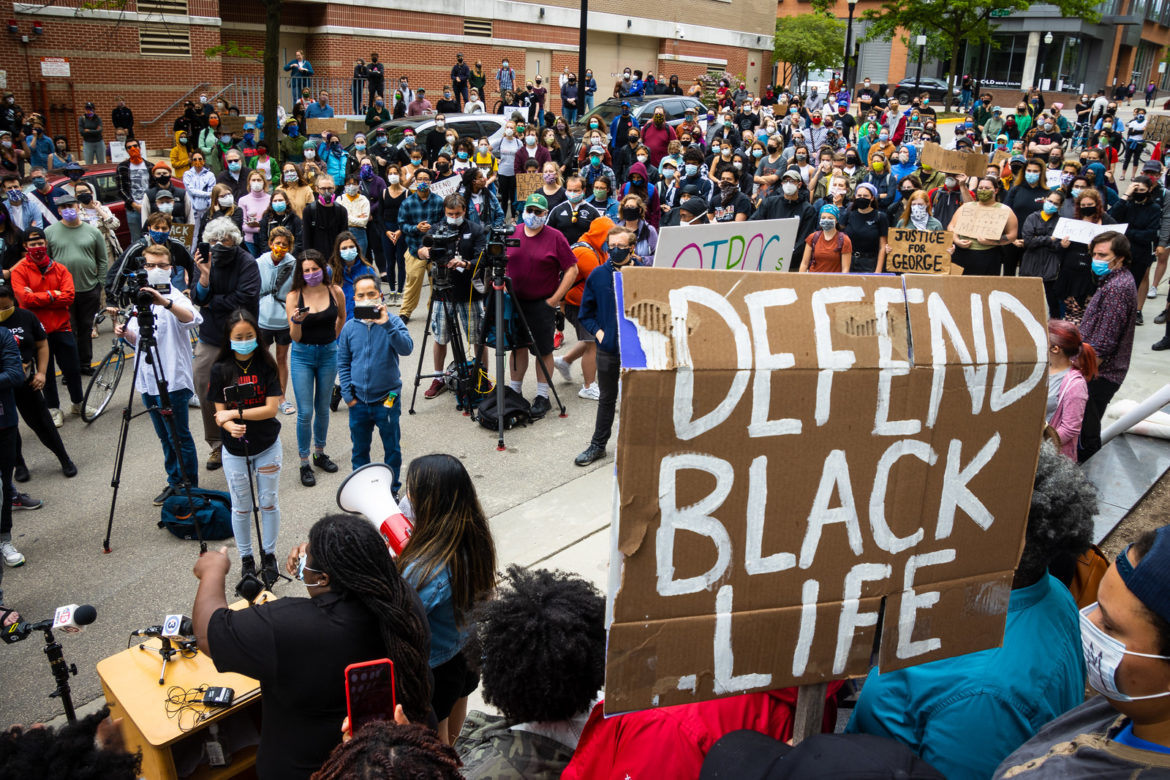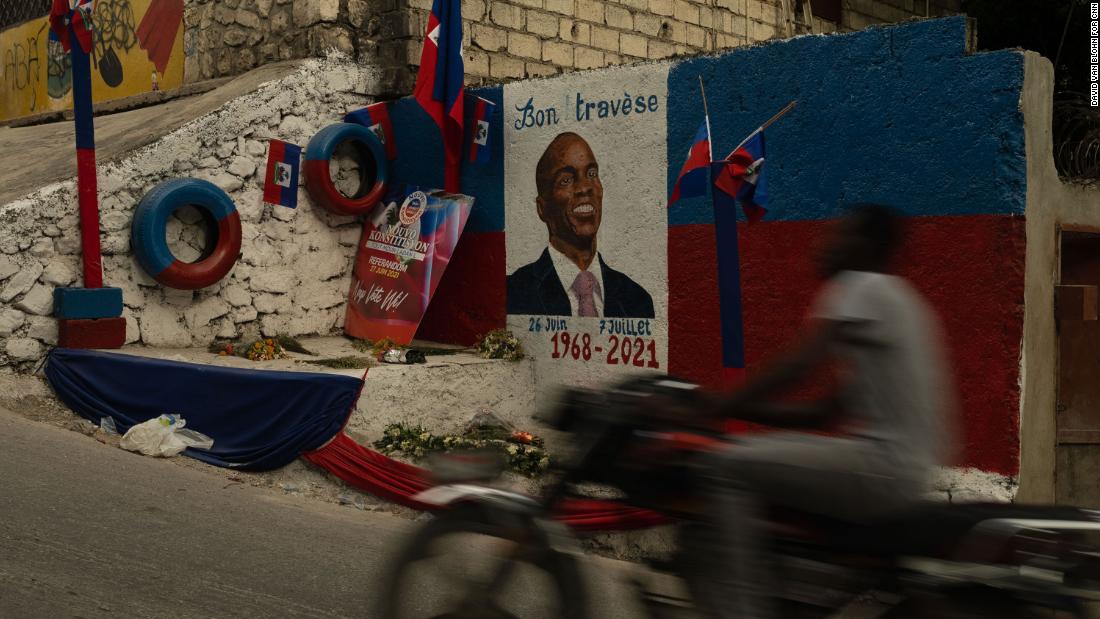Federal Judge Orders Arizona Prison Overhaul Due To Unconstitutional Conditions
The order follows a ruling over the summer that found that the department violated the constitution both by failing to provide an adequate standard of medical and mental healthcare and through the unconstitutional conditions of its solitary confinement system.

A U.S. District Judge has ordered the Arizona Department of Corrections, Rehabilitation and Reentry to make “substantial” changes to its staffing and facility operations after determining that conditions in Arizona’s prisons represent an “unconstitutional substantial risk of serious harm” to people in the state’s custody.
The order is a result of Jensen v. Shinn, a court case challenging the basic health care and conditions provided to people incarcerated in Arizona’s prisons. It follows a ruling over the summer that found that the department violated the constitution both by failing to provide an adequate standard of medical and mental healthcare and through the unconstitutional conditions of its solitary confinement system.
Judge Roslyn O. Silver issued the order on Monday, Jan 9, citing in part the state’s failure to abide previous court orders and an existing settlement agreement as reason for the order, including allegations that the department “knowingly created documents in a false or misleading manner” regarding improvements at the facilities.
In 2014, a court ordered settlement in the Shinn case was meant to force these same changes through. Since then, federal judges overseeing the settlement’s implementation have found officials in contempt twice. In 2021, Judge Silver dismissed the settlement and brought the case back to trial, citing the department’s “pervasive material breaches” of the agreement.
Now, the new order requires Arizona to overhaul its medical and mental healthcare staffing and screening standards, create systems and plans to improve isolation housing and create route back to lower security levels for those inside.
Plaintiffs in the case are represented by a team including American Civil Liberties Union’s National Prison Project, the ACLU of Arizona, Prison Law Office, Arizona Center for Disability Law and the law firm of Perkins Coie LLP.
In an ACLU press release following the court order, Rita Lomio, a staff attorney at the Prison Law Office, praised the people who came forward and testified to their experiences within the Arizona system.
“Arizona’s prison walls for too long concealed immense suffering and needless death. Finally, there is a path forward,” Lomio said. “This order would not have been possible without the brave people who testified from their hospital beds and prison cells.”
In a statement, Arizona Governor Katie Hobbs responded to the federal court order on Tuesday, swearing her and her administration’s commitment to making sure the state’s prison system meets constitutional requirements.
“Arizona’s correctional facilities have been in desperate need of systemic improvements for far too long. Years of failed leadership have left this institution without adequate staffing, medical care, or accountability,” Governor Hobbs wrote.
“The system is broken and will require a committed, long-term plan for implementing fair standards to improve the health and safety conditions for correctional officers and incarcerated individuals.”
Parties to the case have until February 10 to file objections to the order.

 Landwebs
Landwebs 
























